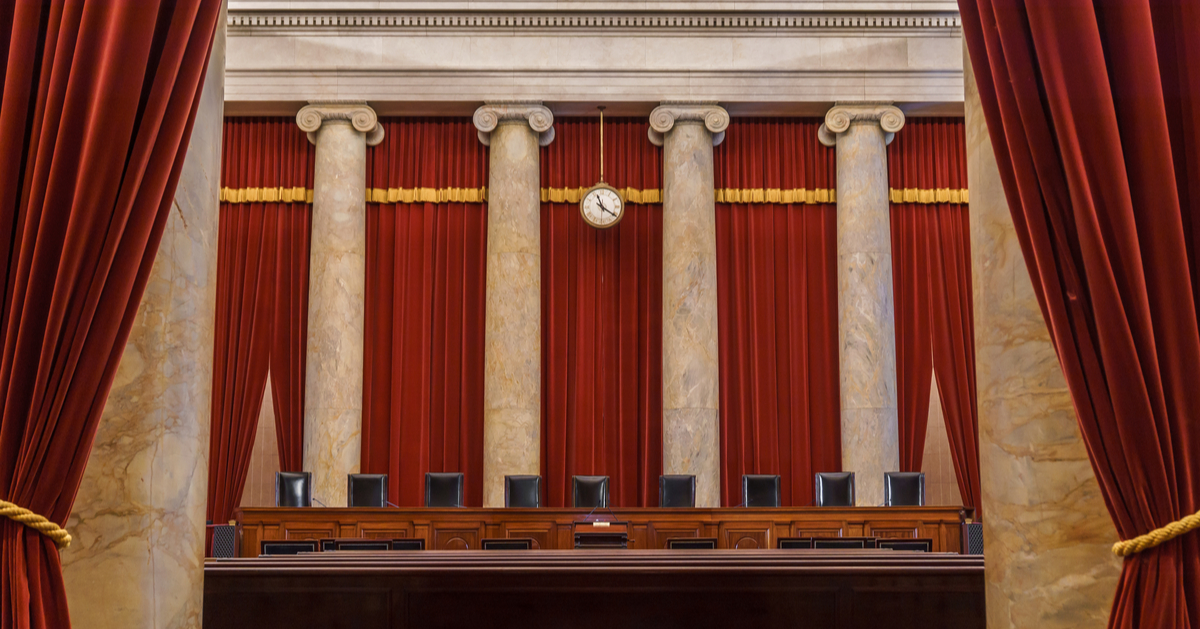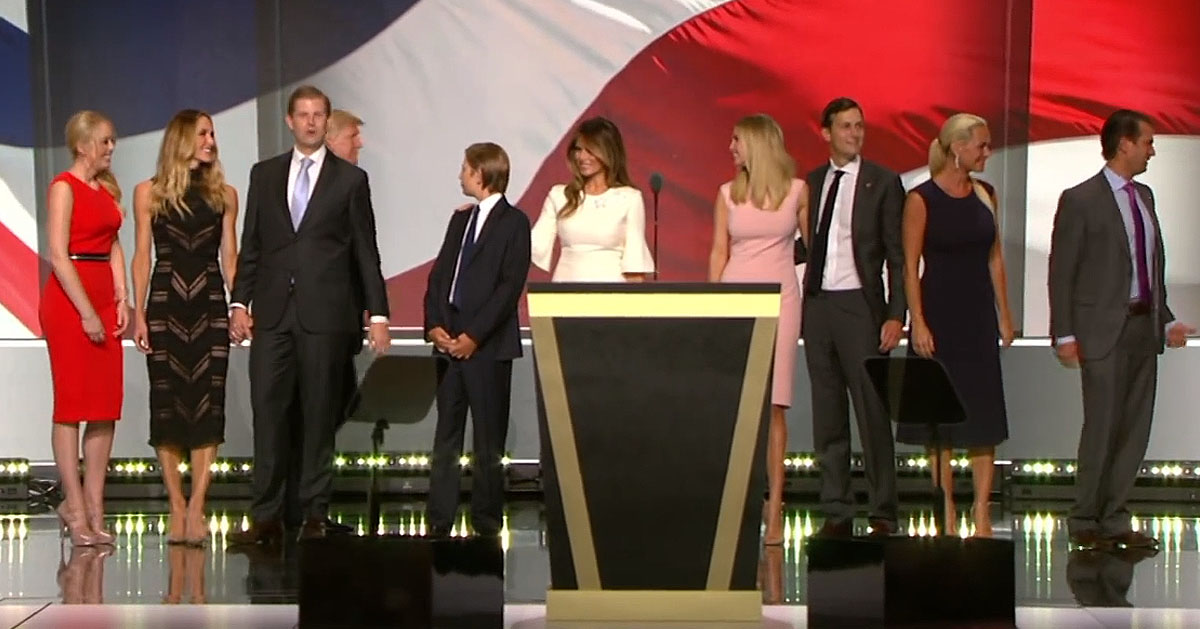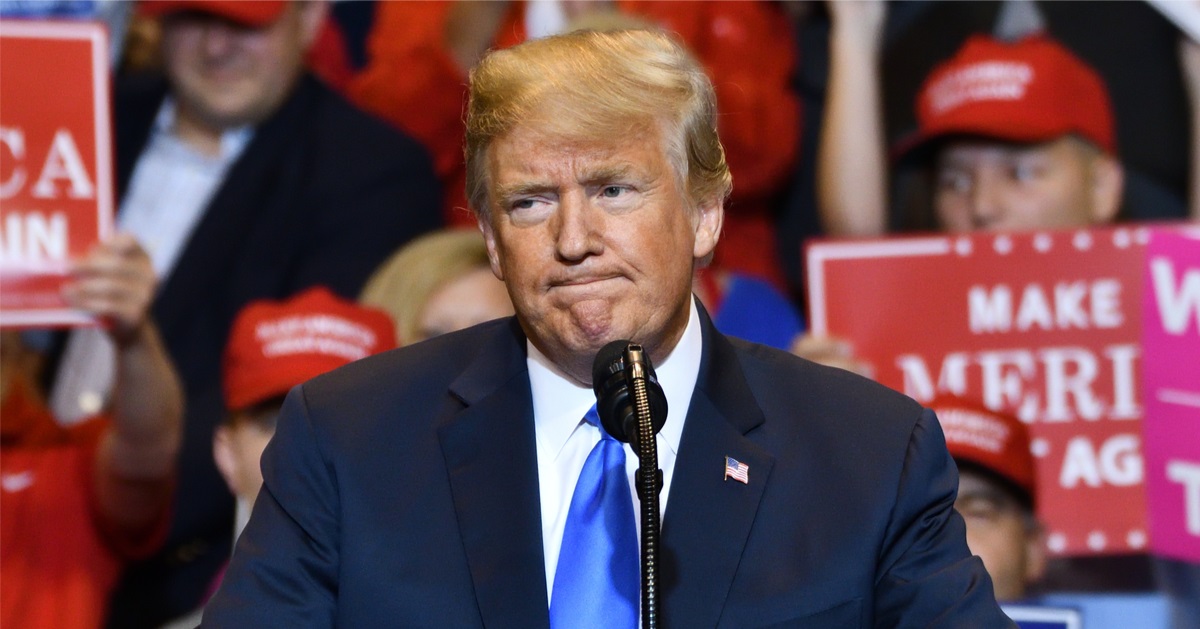Harris likely wouldn't have been the Democratic nominee if primary voters weren't 'nullified' and able to choose
Vice President Kamala Harris was decisively defeated by President-elect Donald Trump earlier this month, which has raised questions about how she became the Democratic Party's nominee and speculation about whether a different nominee may have fared better with voters.
A key element of that talk is the fact that Harris was never a candidate in the Democratic primary elections and therefore was never selected to be the nominee by Democratic voters, who former House Speaker Kevin McCarthy (R-CA) suspects would have picked a nominee other than Harris, according to Fox News.
Indeed, Democratic voters were essentially left voiceless in this election cycle, as viable challengers to President Joe Biden were effectively barred from the primaries, only for Biden to later bow out after securing enough delegates for the nomination and then immediately foisting his unpopular VP on voters as his hand-picked replacement.
Harris would "never be the nominee" if primary voters had a choice
During an appearance this week on Fox News host Jesse Watters' program, former Speaker McCarthy addressed speculative rumors that VP Harris was contemplating running again for the presidency in the next cycle but predicted that she'd fare no better and would likely also lose other less important races.
"If she ran for California governor, she'd lose. If she ran for president, she wouldn't get out of the primary," McCarthy said of Harris.
Shifting his focus to the Democratic Party and President Biden's exit from the race after the primary concluded, he added of them and Harris, "They know for a fact, had they done the right thing and gone back and let the people decide, she never would have won. She'd never be the nominee."
Harris "never entered much less won a primary"
Those remarks from former Speaker McCarthy echoed candid commentary more than a month earlier in October from conservative author and historian Victor Davis Hanson in an interview with former Australian Deputy Prime Minister John Anderson about the upcoming election.
Hanson noted that the problems of President Biden's cognitive decline and eventual withdrawal from the presidential race were "compounded" by the fact that his chosen replacement, VP Harris, had technically not received any of the 14 million Democratic votes cast in the primary elections and caucuses across the many states.
"Suddenly, within a 48-hour period, that primary vote was nullified and she, the current Democratic nominee, our vice president, has never entered much less won a primary," Hanson said, which is unprecedented, at least in modern U.S. history.
He went on to suggest that Harris being named as the nominee was akin to a "19th Century process in a back room" in which the nominee "never entered a primary and primary voters had no say whatsoever" in the selection by party elites.
The "undemocratic" way in which Harris became the Democratic nominee
In August, The Conversation similarly lamented the decidedly "undemocratic" manner in which the Democratic Party "cut voters out of the process" to select the presidential nominee, and speculated over what that might portend for competitive nominating processes going forward.
To be sure, competitive primary elections are relatively new to U.S. history and didn't become a standard part of the electoral process until the 1970s, though they had first been introduced with limited success as early as the 1910s.
As Hanson alluded to, throughout the 19th Century and much of the first half of the 20th Century, party officials and influential donors gathered with "politicians in smoke-filled rooms" on the sidelines of national conventions to select who they believed was the nominee with the best chance of victory -- sometimes choosing somebody popular with voters but also at times picking relatively obscure individuals they were partial to.
Thankfully, for the ideal of democracy, VP Harris lost her bid for the presidency, "Otherwise, one lesson of 2024 might well be that a democratic primary system is not essential to successful presidential candidates." That said, unless the Democratic Party is determined to continue to ignore its own voting base and "if Democrats truly want to make this election about democracy, they might start by looking at the recent trends in their own house."






